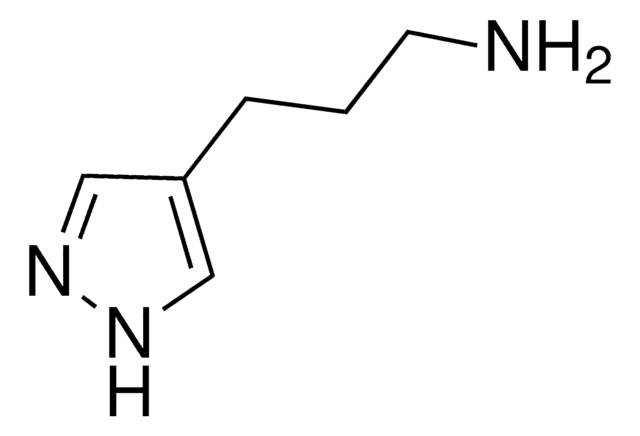About This Item
Recommended Products
form
powder
composition
Dye content, 97%
mp
>300 °C (lit.)
λmax
495 nm
SMILES string
OCCN(CCO)c1ccc(cc1)\N=N\c2ccc(cc2)[N+]([O-])=O
InChI
1S/C16H18N4O4/c21-11-9-19(10-12-22)15-5-1-13(2-6-15)17-18-14-3-7-16(8-4-14)20(23)24/h1-8,21-22H,9-12H2/b18-17+
InChI key
GHDZRIQTRDZCMV-ISLYRVAYSA-N
General description
Application
Signal Word
Warning
Hazard Statements
Precautionary Statements
Hazard Classifications
Acute Tox. 4 Oral - Skin Sens. 1
Storage Class Code
11 - Combustible Solids
WGK
WGK 3
Flash Point(F)
Not applicable
Flash Point(C)
Not applicable
Certificates of Analysis (COA)
Search for Certificates of Analysis (COA) by entering the products Lot/Batch Number. Lot and Batch Numbers can be found on a product’s label following the words ‘Lot’ or ‘Batch’.
Already Own This Product?
Find documentation for the products that you have recently purchased in the Document Library.
Customers Also Viewed
Our team of scientists has experience in all areas of research including Life Science, Material Science, Chemical Synthesis, Chromatography, Analytical and many others.
Contact Technical Service










![Poly[(methyl methacrylate)-co-(Disperse Red 1 methacrylate)]](/deepweb/assets/sigmaaldrich/product/structures/370/635/3aaa8cfa-2018-4b33-a3f5-42fe0f2b921b/640/3aaa8cfa-2018-4b33-a3f5-42fe0f2b921b.png)